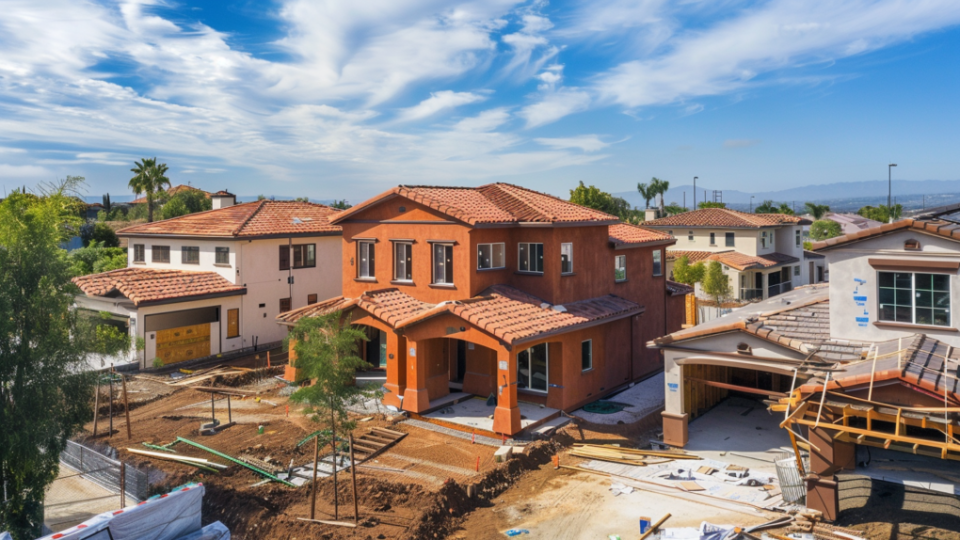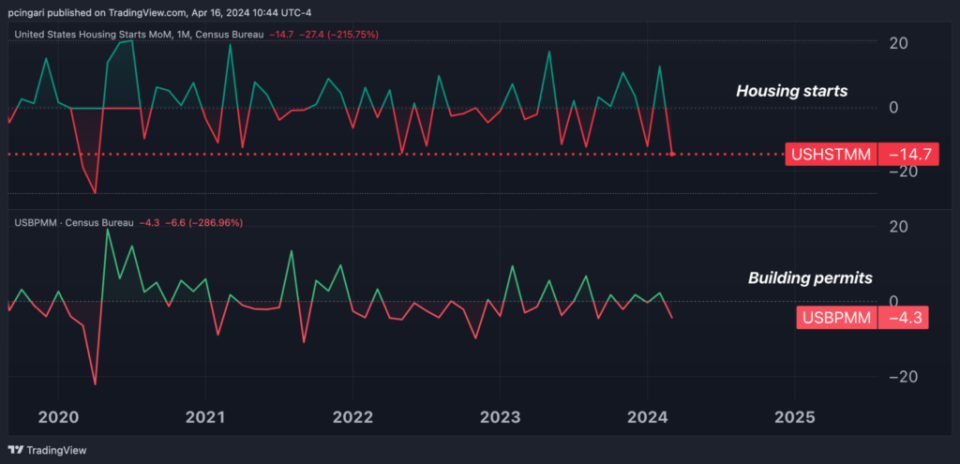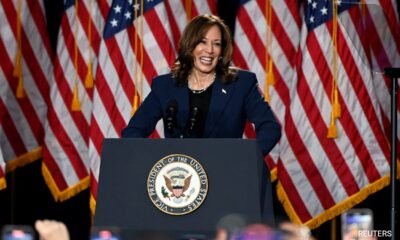Finance
‘A bad time to buy a house,’ says economist

Homebuilder shares are facing sharp declines due to the crisis SPDR Home Builders ETF (NYSE:XHB) fell 1.8% during Tuesday’s session, hitting its lowest level since February 26, 2024. negative economic data.
From the start of the month, this performance gauge has fallen by around 10%, marking the first market correction since September 2023, after a significant 60% rally in the six months leading up to the end of March.
Tuesday’s worst performers among U.S. homebuilding stocks were Installed Building Products, Inc. (NYSE:IBP), TopBuild Corp. (NYSE:BLD), Dream Finders Homes, Inc. (NYSE:DFH)
A sharp decline in the housing market indicates a cooling of the market
In the US, housing starts saw a dramatic monthly decline of 14.7% in March 2024, reaching an annualized figure of 1.321 million.
This figure not only represents the steepest decline since April 2020, but is also significantly below the expected 1.48 million, according to U.S. Census Bureau data.
The decline applies to single-family homes, which fell 12.4% to 1.022 million, and to units in buildings with five or more units, which fell 20.8% to 290,000.
Regional breakdown:
-
Northeast: Reduced by 36% to 80,000
-
Midwest: Reduced by 23% to 157,000
-
south: Down 17.8% to 736,000
-
West: Increased by 7.1% to 348,000
Building permits also show a decline
In March 2024, construction permits fell 4.3% to a seasonally adjusted annual rate of 1.458 million, reversing a 2.3% increase in February and missing forecasts of 1.514 million.
This is the lowest level since July last year. The number of authorizations for single-family homes also fell by 5.7% to a five-month low of 973,000.
Regional insights:
-
south: Slight decrease of 0.6% to 771,000
-
Midwest: Significant drop of 14.7% to 197,000
-
Northeast: Steep decline of 20.8% to 160,000
-
West: up 5.1% to 330,000
Analyst Insights: Slowing Growth and Future Concerns
Jeffrey Roach, LPL Financial’s chief economist emphasizes that housing starts fell in March and are “starting to show cracks in the growth rate.”
The economist expects a significant slowdown, especially in multifamily construction. He warns that the decline in building permits points to a future slowdown in construction activity.
“Housing construction is about to slow as potential homebuyers indicate this is a bad time to buy a home. Investors should expect residential investment to be a drag on GDP growth in the coming quarters,” Roach wrote.
Bill Adams, chief economist at Comerica Bank, points to the impact of high interest rates, especially on the credit-intensive multifamily segment. Despite a year-over-year increase in starts and permits in the first quarter, the sector is showing clear signs of cooling due to rising financing costs.
“In the first quarter as a whole, the number of homes increased by 2.1% compared to a year earlier, but decreased by 17.5% year-on-year compared to the fourth quarter of 2023. Building permits increased by 4.6% compared to year-over-year in the first quarter and increased 1.1% year-over-year from the fourth quarter of 2023. the quarter,” he said.
The multifamily segment of residential construction is experiencing the greatest slowdown. These developments are typically for leasing and rely on long-term debt financing.
However, as the Federal Reserve has raised interest rates, the cost of this financing has risen sharply.
In short, the housing market faces continued pressure from rising mortgage rates and economic uncertainty, and the recent downturn in the homebuilding sector could signal a broader slowdown.
With experts predicting that residential investment will slow GDP growth, the market may not stabilize until the Federal Reserve adjusts its monetary policy.
Homebuilders and investors should brace for challenging quarters ahead as potential homebuyers increasingly view this period as a bad time to purchase a home.
Graph: Home starts and building permits (% month-on-month)


Image generated using artificial intelligence via Midjourney.
“SECRET WEAPON OF ACTIVE INVESTORS” Boost Your Stock Game With The #1 Trading Tool For “News & Everything Else”: Benzinga Pro – Click here to start your 14-day trial now!
Want the latest stock analysis from Benzinga?
This article Homebuilder Shares Plunge as Housing Market Starts to Fall 14.7%: ‘A Bad Time to Buy a Home,’ Economist Says originally appeared on Benzinga.com
© 2024 Benzinga.com. Benzinga does not provide investment advice. All rights reserved.











